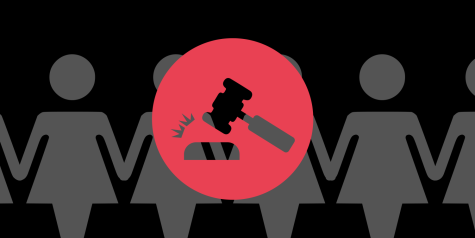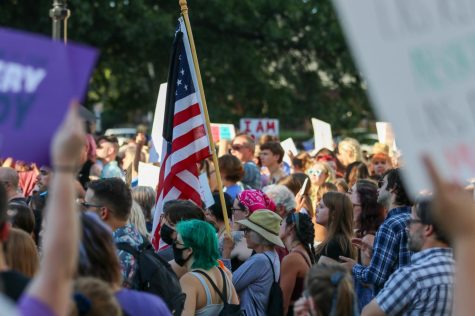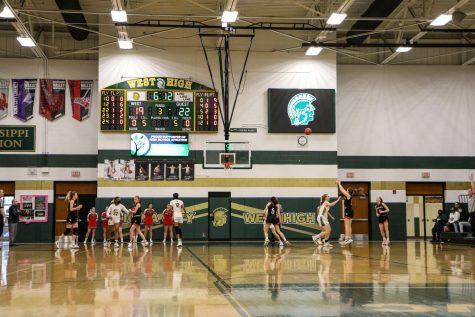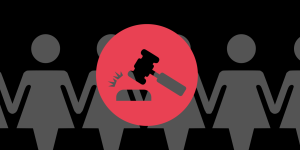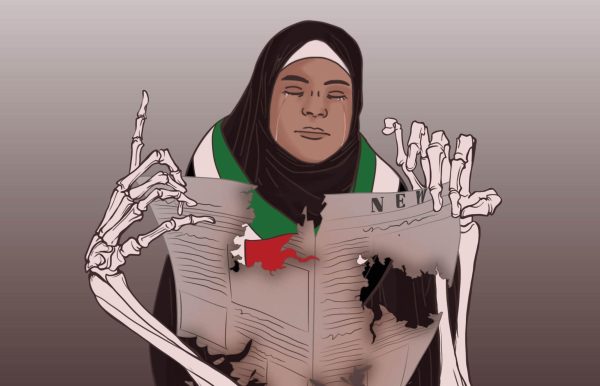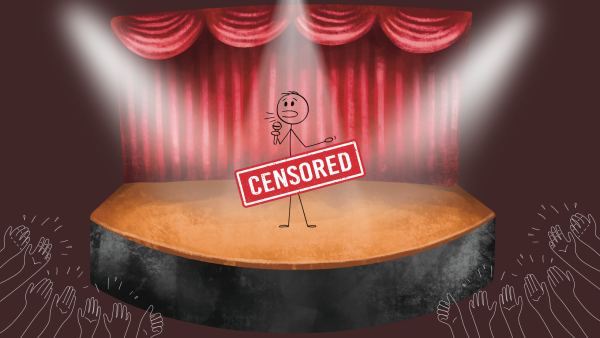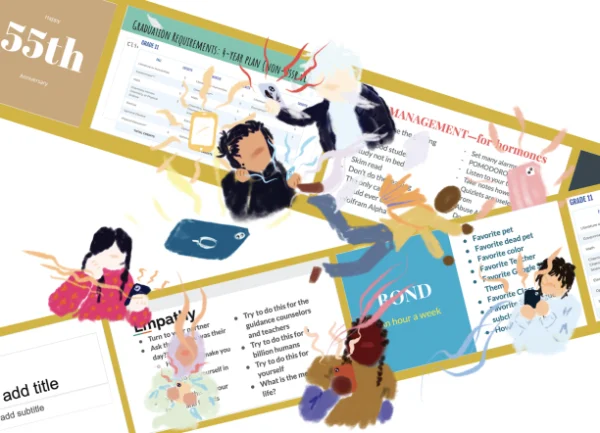The new underground railroad
Women are now forced to cross states in search of an abortion, but now even that right in under fire.
October 11, 2022
During the era of slavery in America, slaves fled to free states through a series of safe houses opening their doors to those seeking freedom, this intricate system was referred to as the underground railroad. Today in the post-Roe vs. Wade America, where the legality of abortion is now decided on a state-by-state basis, we might see a similar network of safe houses for women seeking abortions across state lines as their home state banned their right to access an abortion.
With abortion now banned or severely limited in twenty-six US states, healthcare providers in states with legal abortions are expanding to meet the increasing volume and are attempting to make their services more accessible. As a typical abortion costs around twenty-thousand dollars, hospitals in Illinois have created a “cash-pay package” for uninsured patients which brings the cost down to five thousand dollars.
Beyond the upfront cost of an abortion, the travel can be very costly for individuals, from time off work to transportation to hotel/lodging fees. As some major companies have announced to financially support employees seeking abortions outside of their state lines, many are still left wondering how they will be able feasible afford an abortion.
However, even interstate travel might be restricted for women seeking abortions, as anti-abortion groups have started to advocate for a ban on interstate traveling, the Biden administration has promised to fight any such bans. A state’s attempt to ban women from seeking an abortion in a neighboring state would be unconstitutional.
In Iowa the abortion laws ban abortions past the 20-week mark. An Iowa judge in 2019 banned a proposed a “fetal heartbeat bill” that would ban abortions once a fetal heartbeat is detected. A fetus normally presents a heartbeat around six weeks into the first trimester. This which would ultimately ban abortions altogether as many women are still unaware they are pregnant at that point.
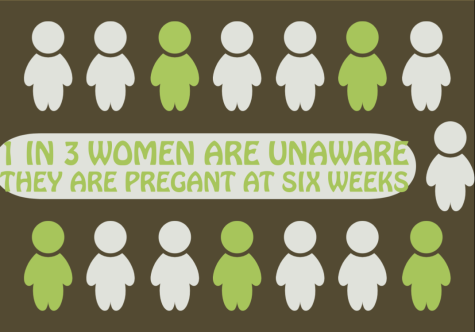
However, after the overturning of Roe Vs. Wade this summer current Iowa Governor Kim Reynolds has stated she believes the Iowa courts need to revisit the issue of abortion with the change in the legislative landscape. The ACLU of Iowa has spoken out against adopting harsh restrictions as abortion is a fundamental right that should not be denied. However, the Iowa Supreme Court is set to revisit abortion in a few weeks on October 28th.
With the midterm elections looming in November it is imperative that west high students who are able to vote to go to the polls. Iowan abortion laws could depend on whomever the electorate vote for this midterm election cycle. The future of our rights will be determined this November.



